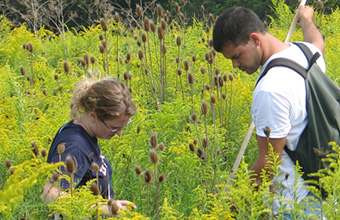College of Arts and Sciences Newsroom

Faculty in the News: November 23, 2016
Michelle Pautz discusses the potential effects of a Trump presidency on environmental issues, and other highlights of recent media coverage of College of Arts and Sciences faculty research, scholarship and commentary.
"Obama has set the record for the most Presidential Medals of Freedom"
Monkey Cage, The Washington Post, Nov. 15, 2016
Assistant Professor Christopher Devine, department of political science.
"Trump presidency’s effect on environment may be profound"
The Columbus Dispatch, Columbus OH, Nov. 22, 2016
Associate Professor and MPA Director Michelle Pautz, department of political science.
"Will your dinner table be politics-free this Thanksgiving?"
ABC22/Fox45, Dayton, Nov. 21, 2016
Associate Professor and Chair Joseph Valenzano III, department of communication.
"Spotted at Trump Tower: The people shaping the next government"
Washington Examiner, Nov. 16, 2016
Assistant Professor Christopher Devine, department of political science.
"5 things you need to know about how third-party candidates did in 2016"
Monkey Cage, The Washington Post, Nov. 15, 2016
Assistant Professor Christopher Devine, department of political science.
"The Pennsylvania voters who took Donald Trump to the White House"
BBC News, U.S. and Canada edition, Nov. 13, 2016
Assistant Professor and Human Rights Center Research Fellow Jamie Longazel, department of sociology, anthropology and social work.
"Jill Stein voters did not deliver Donald Trump the presidency"
Vox.com, Nov. 11, 2016
Assistant Professor Christopher Devine, department of political science.
